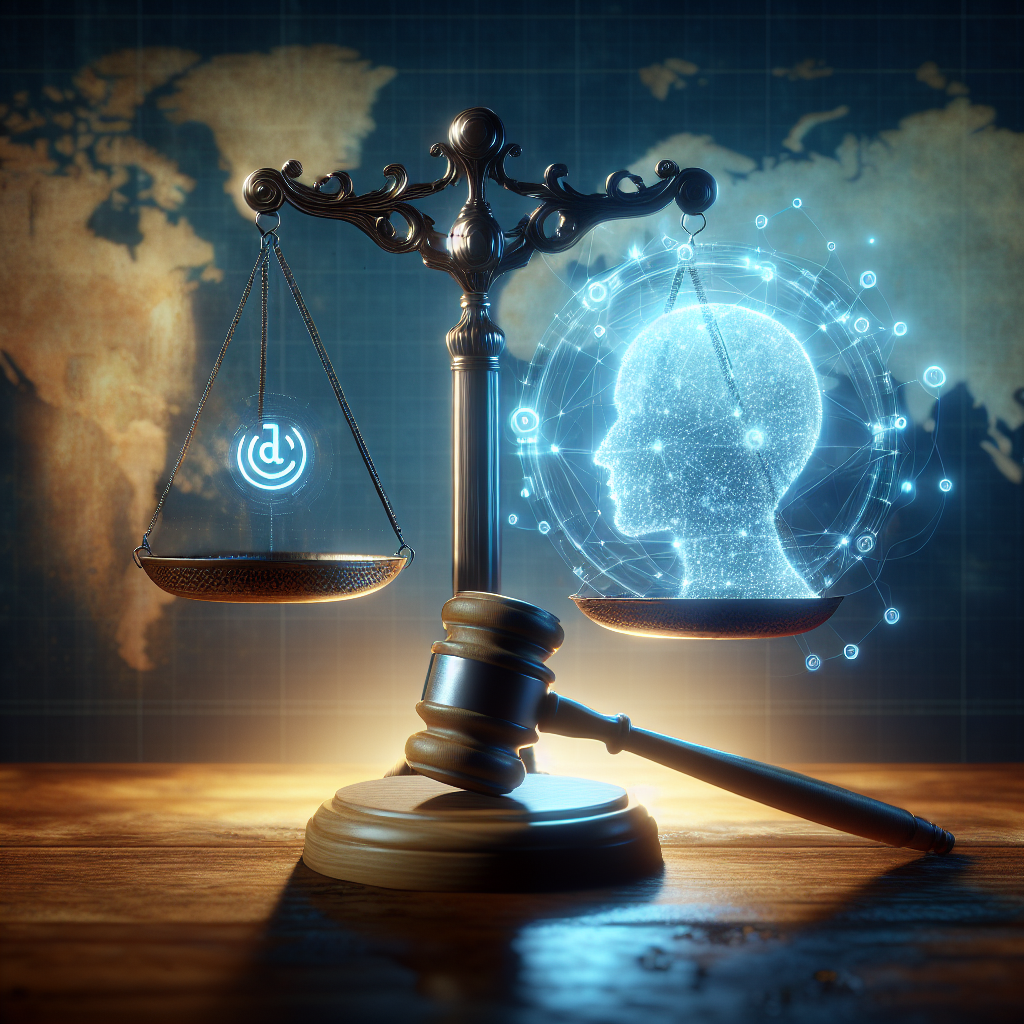“AI’s Role in Justice: A Global Risks Expert Weighs In”
AI’s Role in Justice: A Global Risks Expert Weighs In
Introduction
The integration of artificial intelligence (AI) into the justice system is a topic of growing interest and concern. A global risks expert recently shared insights on how AI is reshaping legal landscapes worldwide, highlighting both opportunities and challenges.
Opportunities Presented by AI in Justice
- Efficiency and Speed: AI can process vast amounts of data quickly, potentially speeding up legal proceedings and reducing case backlogs.
- Enhanced Decision-Making: AI tools can assist judges and lawyers by providing data-driven insights, leading to more informed decisions.
- Accessibility: AI can make legal services more accessible to the public by offering automated legal advice and support.
Challenges and Risks
- Bias and Fairness: AI systems can perpetuate existing biases if not carefully managed, leading to unfair outcomes.
- Transparency: The “black box” nature of some AI algorithms can make it difficult to understand how decisions are made.
- Accountability: Determining responsibility for AI-driven decisions remains a complex issue.
Global Perspectives
Different countries are approaching AI in justice with varying strategies. Some are embracing AI’s potential, while others are more cautious, focusing on regulatory frameworks to mitigate risks.
Conclusion
AI’s role in the justice system is a double-edged sword, offering significant benefits in terms of efficiency and accessibility, while also posing challenges related to bias, transparency, and accountability. As AI continues to evolve, it is crucial for stakeholders to collaborate on creating ethical and effective frameworks to harness its potential responsibly.































